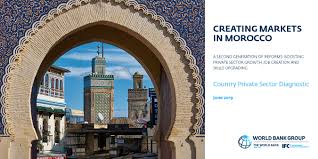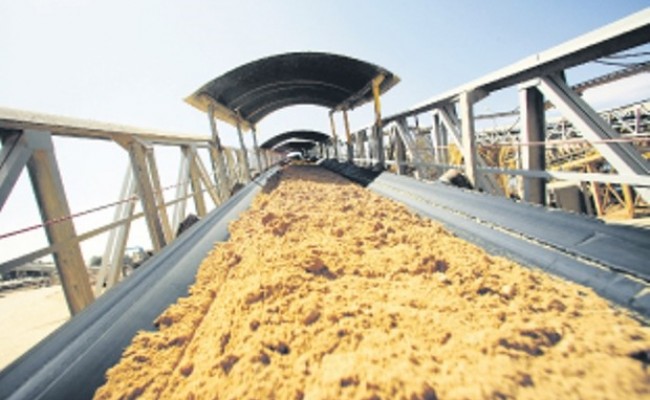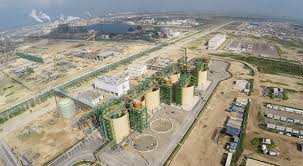 The World Bank has stressed the need to support Moroccan companies to enable them better penetrate markets, develop and export their goods, services and products.
The World Bank has stressed the need to support Moroccan companies to enable them better penetrate markets, develop and export their goods, services and products.
In an analysis on the situation of the private sector in the North African Kingdom, the WB experts say favorable business environment requires the setting up of conditions conducive to fair competition, skilled human resources and encouraging entrepreneurship.
“Morocco has invested heavily since mid-2000s (34 pc of GDP), but the benefits in terms of economic growth, job creation and productivity have been disappointing”, adds the BW study.
While Morocco has been successful at attracting FDI towards strategic sectors and steering public investment in infrastructure and in support of industrial plans, it has been less effective at integrating domestic firms into international value chains to boost jobs and exports, the re-port states, calling on Morocco to focus more on the private sector to drive growth.
In order to make space for a vibrant private sector that creates jobs and value, concerted efforts are needed to level the competition playing field and to support the emerging entrepreneurship ecosystem. Government also needs to complement a focus on large flagship investments with measures to foster private sector participation in infrastructure and empower domestic firms to participate in global value chains, the study says.
To assist Morocco achieve these goals, the WB has appointed Mr. Jesko Hentschel as a new Country Director for the Maghreb and Malta. He joined the Rabat office on August 1st.
Mr. Hentschel is succeeding Ms. Marie Francoise Marie-Nelly. After five years in Argentina where he held the position of Country Director for Argentina, Paraguay and Uruguay, Mr. Hentschel takes up his duties at a time of significant challenges for the Maghreb countries and their international partners.
The new Director will focus on managing the dialogue and partnership with the authorities, key stakeholders and development partners in Algeria, Libya, Malta, Morocco and Tunisia and mobilizing the resources needed for the five countries to achieve their respective development priorities.
This will include coordinating the World Bank’s programs to achieve the twin goals of ending poverty and boosting shared prosperity.


